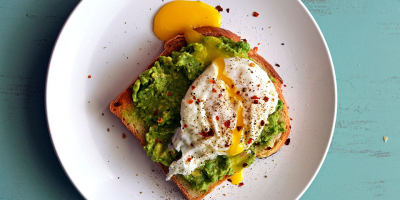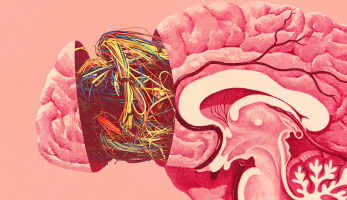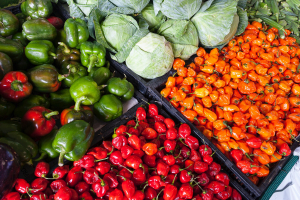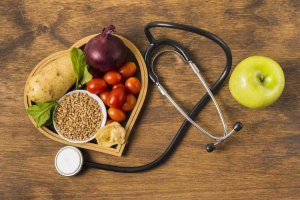Top 10 Biggest Nutrition Myths
There are countless resources of information offering advice on diet and health. Many web articles spread false information about nutrition, which is ... read more...frequently untrue, leading to a number of nutrition-related myths. Below are some of the biggest nutrition myths you should know!
-
The most key element of weight loss is creating a calorie deficit by using more energy than you eat, but it's not the only thing that matters. Even on a very low-calorie diet, there are several factors that may prevent someone from losing weight, and relying simply on calorie intake ignores these factors.
For example, genetics, metabolic adaptations, health disorders like hypothyroidism, hormonal imbalances, and the use of certain medications are some of the reasons that may make weight reduction more difficult for some people, even when they follow a strict diet. Those who adhere to the "calories in, calories out" philosophy frequently focus only on a food's calorie count and ignore its nutritional benefits. Because of this, people may choose low-calorie, nutrient-poor foods like rice cakes and egg whites over high-calorie, nutrient-dense foods like avocados and whole eggs, which isn't the ideal choice for their overall health.

‘Calories in, calories out’ is all that matters when it comes to weight loss 
‘Calories in, calories out’ is all that matters when it comes to weight loss -
Many people still avoid eating foods that are high in fat and adhere to low-fat diets in the belief that doing so will improve their overall health, even though this old and wrong theory is slowly being invalidated.
Fat in the diet is necessary for good health. Additionally, low-fat diets may raise insulin resistance and triglyceride levels, which are known risk factors for heart disease, as well as the risk of health issues including metabolic syndrome. Furthermore, studies have shown that diets higher in fat are equally as effective at promoting weight reduction as diets lower in fat. But keep in mind that extremes in either way, such as a very low-fat or extremely high-fat diet, might be harmful to your health, particularly if the quality of your food is poor.
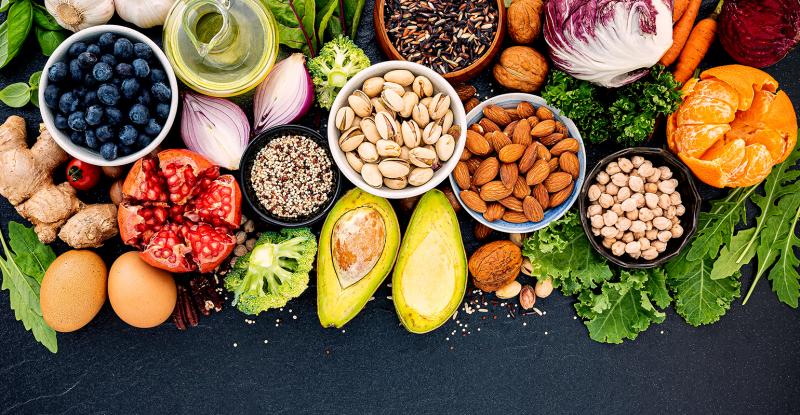
High fat foods are unhealthy 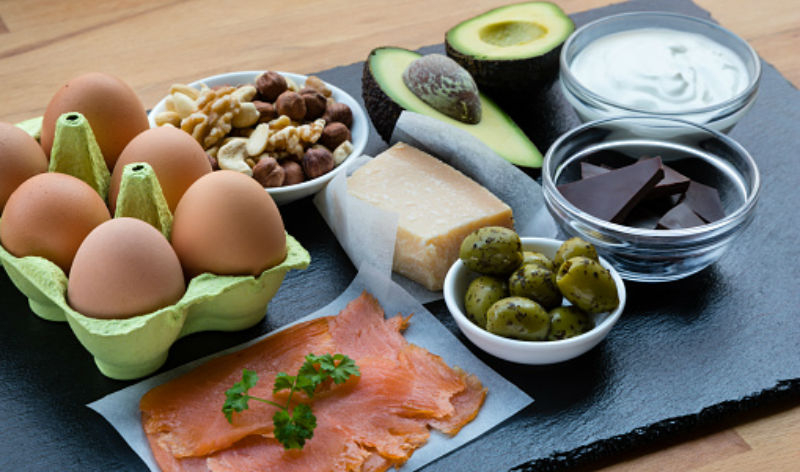
High fat foods are unhealthy -
While it was once believed that having breakfast was one of the most crucial things you could do to prepare yourself for a healthy day, research has revealed that this may not be the case for the majority of adults. For example, studies suggest skipping breakfast may lead to lower calorie intake.
Additionally, intermittent fasting, which involves skipping breakfast or eating it later in the day, has been associated with a number of benefits, including better blood sugar regulation and a decrease in inflammatory markers. To maintain a fasting window of 14 to 16 hours, intermittent fasting can also be followed by eating a regular breakfast and your final meal early in the evening. Remember that this does not apply to those who are growing or who have higher nutrient needs, such as pregnant women or people with specific medical disorders, as skipping meals can have harmful impacts on their health.
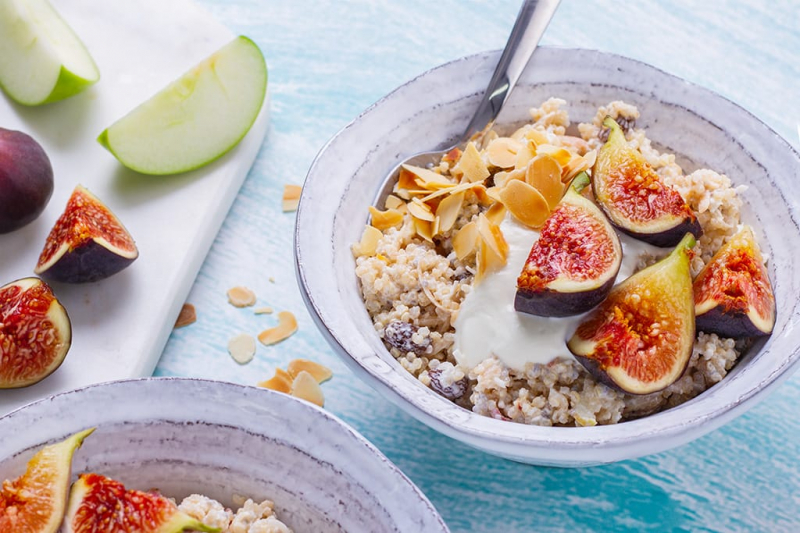
Breakfast is the most important meal of the day 
Breakfast is the most important meal of the day -
Many people increase their metabolism and lose weight by eating small, frequent meals throughout the day. "Meal frequency does not affect metabolic rate and thus has no direct effect on weight loss", said Carla Wolper, a registered dietitian and nutrition consultant at the Columbia Doctors Executive
But if you're in good health, it doesn't matter how often you eat as long as you're getting the energy you need. In fact, according to some studies, having even fewer meals, like two, could be the ideal for calorie management: In one research, people who skipped breakfast had around 400 fewer calories throughout the day than those who had breakfast. However, eating more often may be advantageous for those who have specific medical disorders, such as diabetes, coronary artery disease, irritable bowel syndrome (IBS), as well as women who are pregnant.
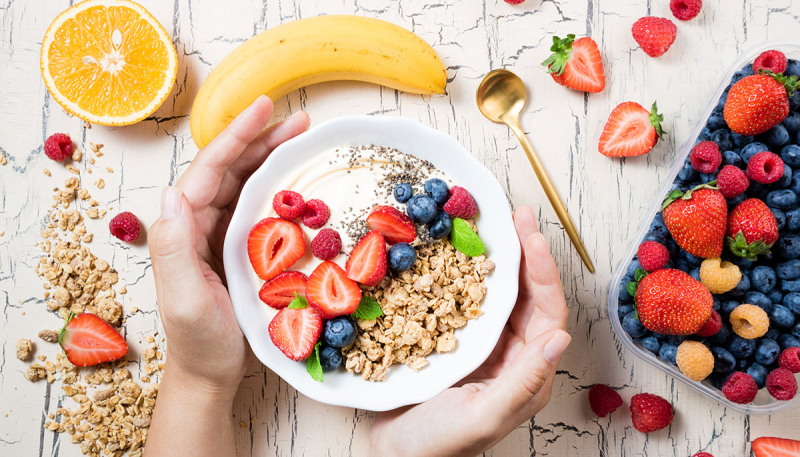
You need to eat small, frequent meals for optimal health 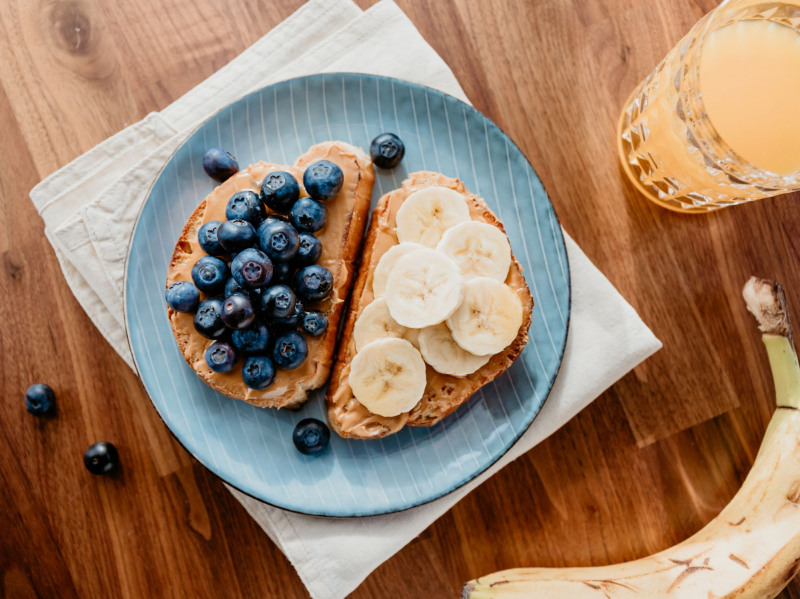
You need to eat small, frequent meals for optimal health -
Foods that contain non-nutritive sweeteners (NNS) have increased as a result of consumers' growing demand for low-calorie, low-carb, sugar-free foods. While it is obvious that eating a diet rich in added sugar greatly raises disease risk, consuming NNS can also have a bad impact on one's health.
For example, NNS consumption may raise your risk of type 2 diabetes by promoting blood sugar dysregulation and causing negative changes in gut bacteria. Additionally, regular NNS consumption is linked to a bad lifestyle in general. Keep in mind that more thorough studies will be required to confirm these possible connections in the future.

Macronutrient ratio matters more than diet quality 
Macronutrient ratio matters more than diet quality -
Although macro coaches may try to convince you that the proportion of macronutrients in your diet determines how much you lose weight and how healthy you are overall, this narrow viewpoint of nutrition ignores the bigger picture.
The quality of the foods you eat is the most critical part of any diet, even if adjusting macro ratios can have numerous positive effects on health. However, concentrating exclusively on macronutrients ignores how eating particular foods can either boost or reduce metabolic health, disease risk, longevity, and vitality. It may be able to lose weight by eating just highly processed foods and protein shakes. It's worth remembering that regardless of the macro ratio, eating a diet high in whole, unprocessed foods is the most effective strategy to enhance overall health

Macronutrient ratio matters more than diet quality 
Macronutrient ratio matters more than diet quality -
White potatoes are frequently avoided by people trying to reduce weight or improve their overall health since they are frequently labeled as "unhealthy" by those in the nutrition profession.
White potatoes are a starchy vegetable that may be incorporated into a healthy diet. White potatoes are a great source of fiber and are packed with important vitamins and minerals. Moreover, due to their higher amino acid content, they contain high-quality protein. Potassium, vitamin C, fiber, and other minerals are all abundant in white potatoes. Additionally, they might increase your feeling of fullness after meals since they are more filling than other carb sources like rice and pasta. Just keep in mind to have your potatoes baked, not fried. And eating too much of any food, including white potatoes, can lead to weight gain.
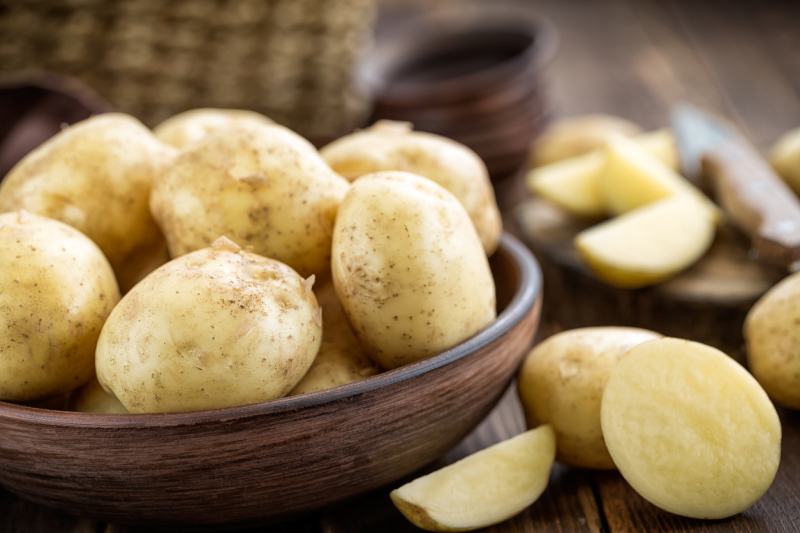
White potatoes are unhealthy 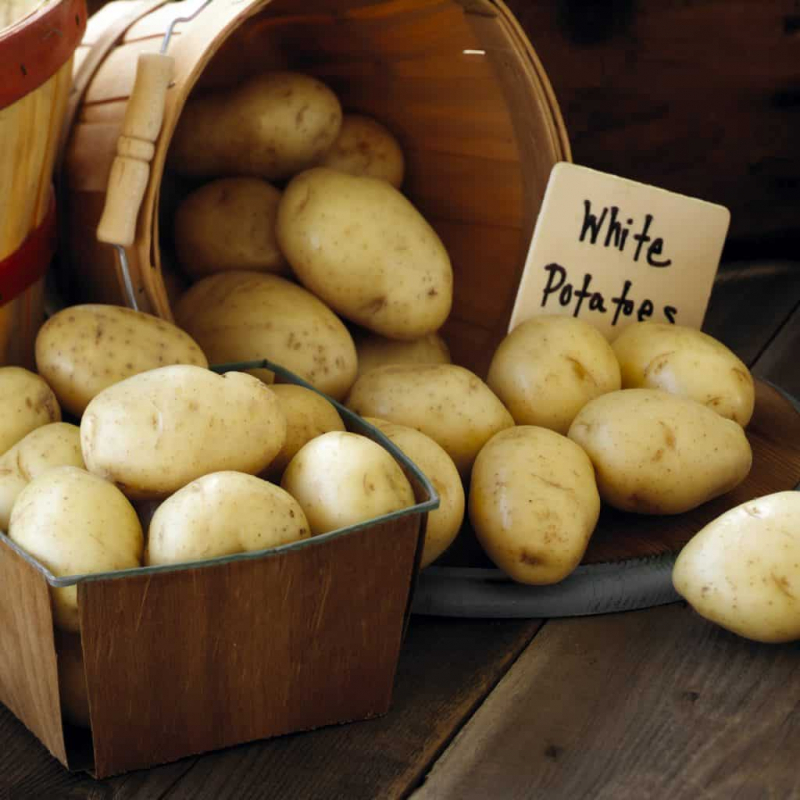
White potatoes are unhealthy -
You may discover a range of items in your neighborhood grocery shop that are marked as "diet", "light", "low fat", and "fat-free". Even while these items are appealing to people trying to lose excess body fat, they're sometimes a bad decision.
According to research, many low-fat and diet foods include significantly more added sugar and salt than their full-fat versions. It may be worth checking the nutrition facts and learning which fats to look for, rather than believing health claims on the front of the packaging. It is a good idea to avoid these products and consider consuming small amounts of foods like full-fat yogurt, cheese, and nut butter.
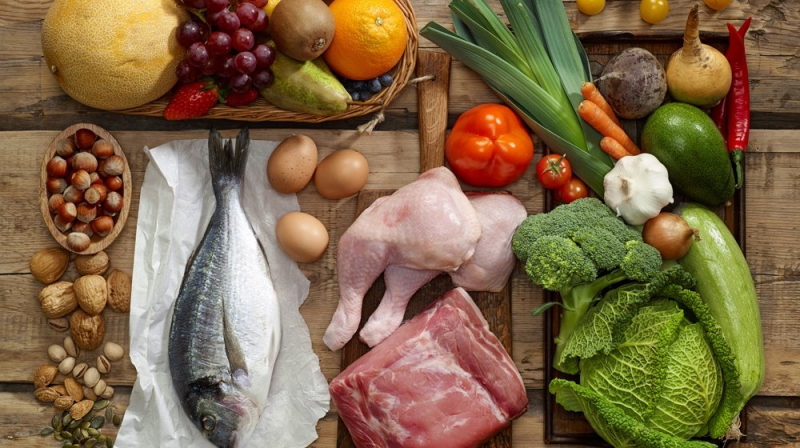
Low fat and diet foods are healthy alternatives 
Low fat and diet foods are healthy alternatives -
While following a diet rich in nutrients, a well-rounded diet is the most essential component of health, supplements may be helpful in many ways if used properly and in the right form.
Taking some supplements can have a major impact on health for many people, especially those who use common medications like statins, proton pump inhibitors, birth control, and antidiabetic medications, as well as those who have health disorders like type 2 diabetes. For example, it has been demonstrated that taking magnesium and B vitamin supplements can help people with type 2 diabetes by improving blood sugar and lowering risk factors for heart disease and problems linked to the disease. People follow strict diets, have hereditary conditions like methylenetetrahydrofolate reductase (MTHFR) or are over 50, and pregnant or breastfeeding women are some examples of populations that may benefit from taking specific supplements.

Supplements are a waste of money 
Supplements are a waste of money -
While cutting calories might help weight loss, doing so too severely can result in metabolic disorders and long-term health effects.
Even while starting a very low-calorie diet will probably result in quick weight loss over the short term, maintaining a very low-calorie diet over the long term lowers metabolic rate, increases feelings of hunger, and changes hormones that signal fullness. This makes maintaining weight over the long term more challenging. This is why research has revealed that low-calorie dieters have a difficult time successfully losing weight in the long term. Research shows that losing just 5% of your body weight can have a positive impact on your health.

Following a very low calorie diet is the best way to lose weight 
Following a very low calorie diet is the best way to lose weight



















